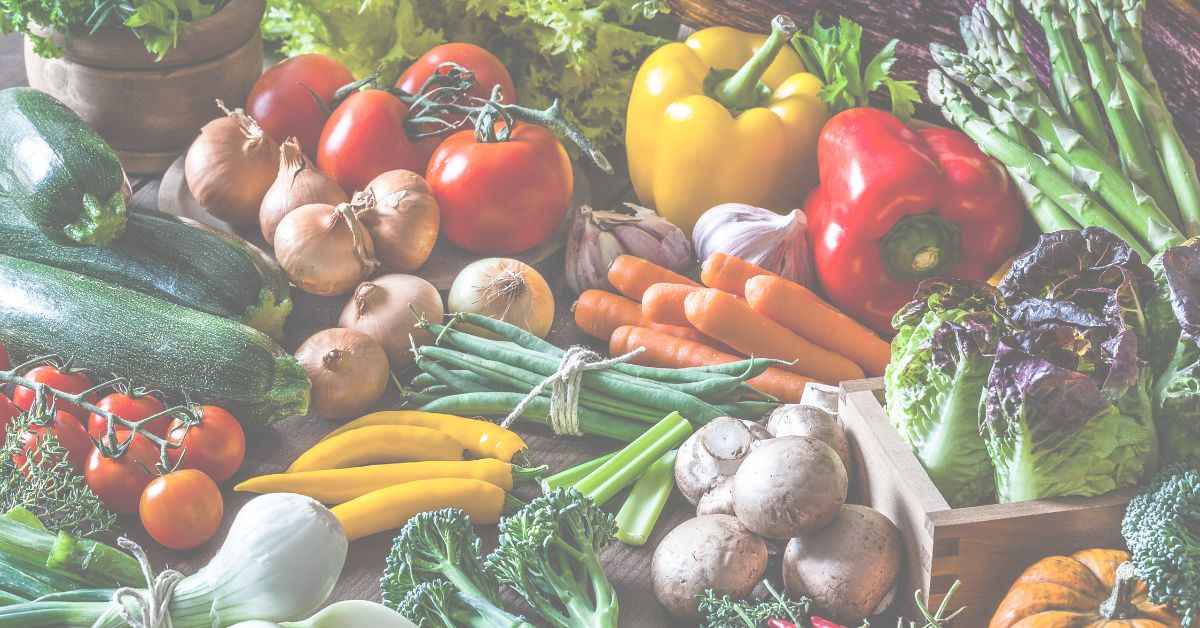In the heartland of agriculture, a silent revolution is taking root – the rise of organic farming. With the promise of healthier produce and a more sustainable approach, many farmers in India are contemplating the switch from conventional to organic methods. But the burning question remains: Is organic farming a profitable business in India?
The Organic Landscape in India:
Delving into the fiscal year 2022-23, India showcased a substantial production of approximately 2.9 million metric tons of certified organic products. This diverse array included oilseeds, fibers, sugar cane, cereals and millets, cotton, pulses, aromatic and medicinal plants, tea, coffee, fruits, spices, dry fruits, vegetables, and processed foods.
Among the states, Madhya Pradesh emerges as the front-runner, leading the pack in organic crop production, followed closely by Maharashtra, Rajasthan, Karnataka, and Odisha. Breaking down the commodities, fiber crops reign supreme, followed by oilseeds, sugar crops, cereals and millets, medicinal/herbal and aromatic plants, spices and condiments, fresh fruits and vegetables, pulses, and tea and coffee.

The Allure of Organic Farming:
Organic farming, celebrated as a greener and healthier alternative, enjoys a significant advantage in the market. In a country where the demand for organic products is steadily rising, farmers stand to gain higher prices both domestically and in international markets. The appeal of chemical-free produce extends beyond health-conscious choices; it’s a lucrative avenue for those cultivating the land.
Navigating Challenges and Reaping Rewards:
Yet, the transition from conventional to organic farming is not without its hurdles. The initial investment is noteworthy, particularly in the initial years when yields may be lower due to soil regeneration. The call for increased labor adds another layer to operational costs, testing the patience and pockets of those embarking on the organic journey.
Strategies for Success:
Thriving in the organic farming landscape necessitates strategic planning. Key considerations include soil health, crop selection, rotation practices, natural pest management, and efficient irrigation – factors collectively shaping the success and profitability of the venture.
Market Intelligence and Value Addition:
Understanding market demand is crucial for success. Farmers need to conduct thorough research to identify potential buyers and align their farming decisions accordingly. Adding value to products through processing, such as making pickles or jams, can significantly enhance their market value.
Direct Marketing and Certification Magic:
By cutting out middlemen and opting for direct marketing channels like farmers’ markets or online platforms, farmers can reduce marketing costs. Moreover, obtaining organic certification becomes a valuable ticket to accessing premium prices, making the investment in certification a profitable endeavor.

Cost Savings:
Cost management emerges as a critical aspect of organic farming profitability. Opting for locally available organic inputs and implementing cost-saving measures ensure efficient resource utilization.
Diversification and Bulk Selling:
Diversifying crops spreads risk and contributes to profitability. Exploring bulk selling options to organic stores or processors capitalizes on economies of scale, maximizing returns.
A Beacon of Hope – Sap Agro:
As the green revolution gains momentum, organic farming in India stands as a beacon of hope, not only contributing to food security and sustainability goals but also reshaping the economic, social, and environmental landscape for farmers across the nation. The question shifts from whether organic farming is profitable to a broader inquiry about sustainable success.
Sap Agro’s Organic Farming Training Program:
Amidst this organic renaissance, Sap Agro emerges as a guiding force, transforming aspirations into achievements. The organization’s Organic Farming Training Program stands as a testament to their commitment to sustainable and eco-friendly farming practices.
Why Choose Sap Agro’s Training Program?
Expert Guidance: Learn from seasoned professionals with over 15 years of hands-on experience in organic farming.
Comprehensive Curriculum: Sap Agro’s program covers every aspect, from soil health to market strategies, ensuring a holistic understanding of organic farming.
Proven Success Stories: The success stories of farmers trained by Sap Agro stand as a testament to the effectiveness of their training program.
Sustainable Practices: Gain insights into sustainable farming practices that not only benefit the environment but also contribute to the profitability of your venture.
In the pursuit of a profitable and sustainable future in organic farming, Sap Agro’s Organic Farming Training Program becomes a guiding light. As we conclude this exploration, we encourage aspiring farmers to consider Sap Agro as a gateway to success.
Seize the opportunity to learn, grow, and thrive in the organic farming landscape with Sap Agro. Together, let’s cultivate a future that not only yields profitable harvests but also nurtures our planet for generations to come.
Join the organic revolution – join Sap Agro’s journey towards a greener, more sustainable tomorrow.
Also, if you are interested in learning Digital Marketing then Moving Digits is the best option for you.







This Post Has One Comment
Thanks for sharing such a valuable information. Organic farming is the future & the future is bright 🌞